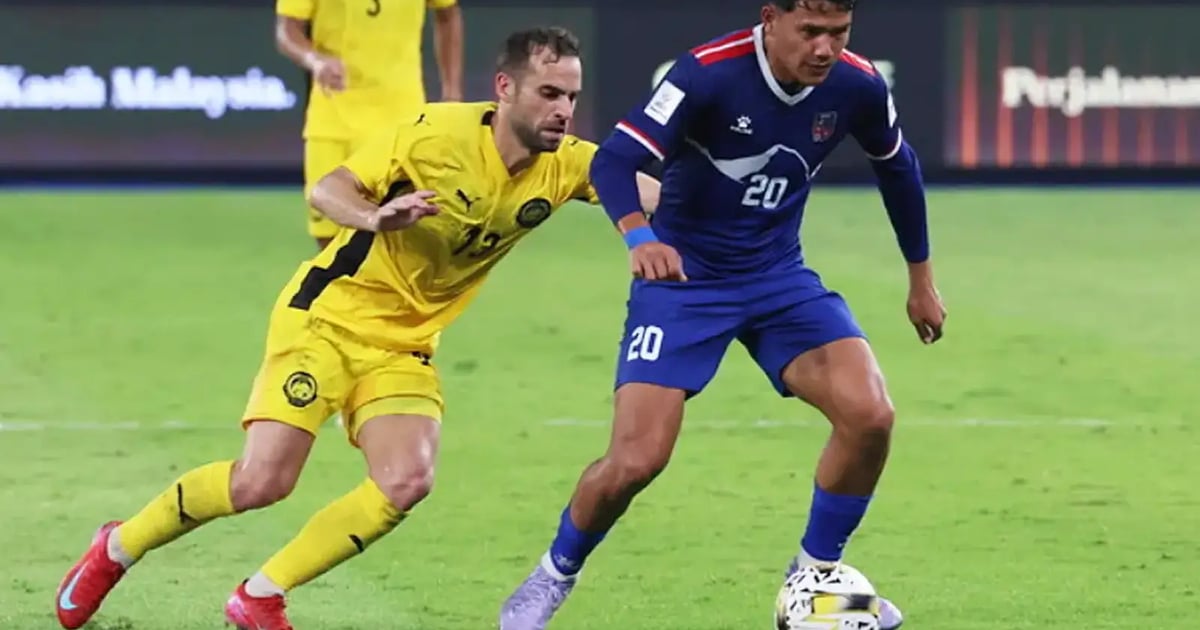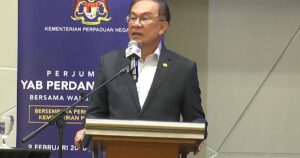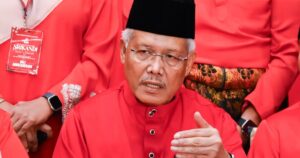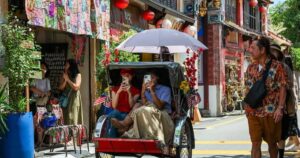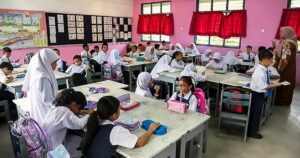
The idea of fast-tracking foreign-born athletes to represent Malaysia has long tempted policymakers.
It promises quick results, media buzz, and a brief lift in national pride.
The latest push came after youth and sports minister Hannah Yeoh told Parliament that naturalised athletes are allowed in all sports if they meet set criteria. She stressed that this must be balanced with nurturing homegrown talent.
Her remarks reignited debate about whether quick fixes are worth the long-term cost.
The danger is simple: if we confuse hiring talent with developing it, Malaysia will win on paper but lose in spirit.
Quick fixes, fragile foundations
Singapore’s experience is a warning. Since 2005, it has recruited athletes from China, Eastern Europe and beyond, mainly in table tennis, badminton, and athletics.
The medals came. So did unease. Critics questioned whether victories reflected Singaporean sporting culture, and whether local talent was being squeezed out.
Malaysia risks making the same mistakes, but with less infrastructure and weaker grassroots systems.
Naturalisation isn’t wrong by itself. Many countries use it to fill gaps in elite sport. Where it works — in Qatar’s athletics programme or some US Olympic sports — it is supported by strong domestic pipelines.
Malaysia’s system is uneven. State-level competitions have shrunk. School sports budgets are patchy. Scouting pathways are inconsistent.
Too often, the conversation starts at the top: how to fund training for medal hopefuls.
The harder question is ignored: how do we get thousands more children into sport in the first place?
Without that base, naturalisation becomes a crutch. And when the imported athlete retires or leaves, little remains except memories.
Lessons from elsewhere
China‘s “foreign help” in football has not delivered real success. It failed because coaching, league standards, and grassroots participation were still weak.
Japan’s rugby boom in the 2010s did involve naturalised players. But it rested on decades of investment in schools, universities, and clubs.
Imported stars lifted the game for everyone. They didn’t replace locals.
The difference lies in intent. Naturalisation can work if it speeds up local development.
If it becomes the main plan, sport turns transactional: talent is bought, glory claimed, and the public loses connection with its own team.
The voices we ignore at our own peril
Malaysians rally behind athletes who feel like “our own” — even if they weren’t born here — when there’s a visible, authentic link. Think of the footballers who stayed, coached, and built families here.
But parachuting in athletes just for competition risks alienating fans. That’s especially true when local players still fight for basic resources.
For every naturalised podium-finisher, hundreds of locals scrape for small sponsorships and pay for their own equipment.
They see imported excellence rewarded while local dedication is sidelined.
Grassroots advocates say the real race is not for today’s gold medals, but for tomorrow’s depth.
Without early access and nearby facilities, Malaysia cannot sustain elite success, no matter how many athletes it imports.
Sports reform advocate Dina Rizal has long argued that the fix starts with schools and communities.
“It’s about making sport part of daily life, not an occasional event,” he says. His point is blunt: if fewer kids play at seven, fewer champions will emerge at 17.
Grassroots work isn’t romantic. It’s the bedrock of national sporting policy.
Local leagues, inter-school tournaments, and coaching clinics are not “nice-to-have” extras. They are the factories that produce athletes with skill, identity, and loyalty to the flag.
A reform agenda that works
If Malaysia is serious about reform, naturalisation should be one tool in a bigger plan.
Rebuild school sports leagues so every district has annual competitions. Fund grassroots coaching and create real career paths so talent developers aren’t lost to better-paying jobs.
Pair naturalised athletes with mentorship roles so their skills are passed on.
Boost community-level sponsorships, not just elite funding. Map talent early and track it all the way to the top.
Choosing the harder road
Naturalisation will always tempt leaders because it skips the slow work.
But a sporting nation is measured not by how quickly it can buy glory, but by how well it can grow champions.
If Malaysia wants medals that matter, it must invest in people before podiums.
That means naturalisation takes a supporting role, not the lead. It means children in small towns see sport as part of daily life, not a distant dream.
Chasing medals without a long-term map will only bring us back to the same question: what went wrong?
The harder road is the better one. And if we take it, the medals will still come — only this time, they will be ours in every sense of the word.
These steps are slower and less glamorous than unveiling a star import. But they are the only way to build lasting strength, not just headline wins.
The views expressed are those of the writer and do not necessarily reflect those of FMT.
